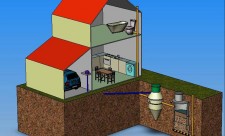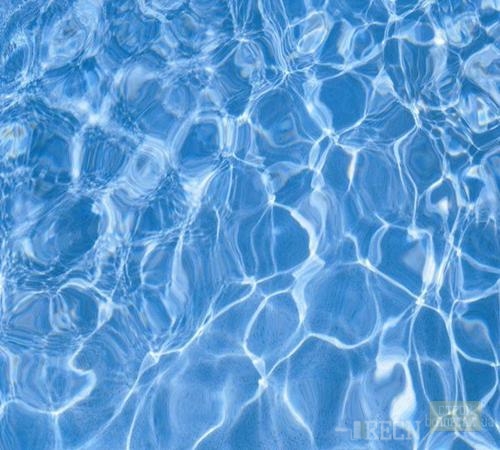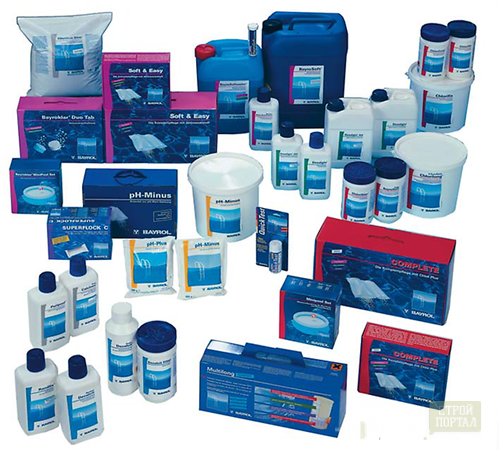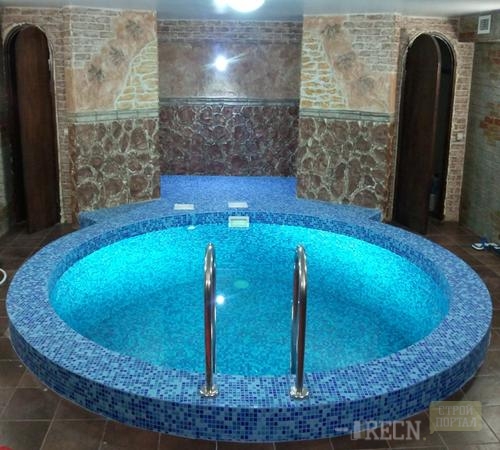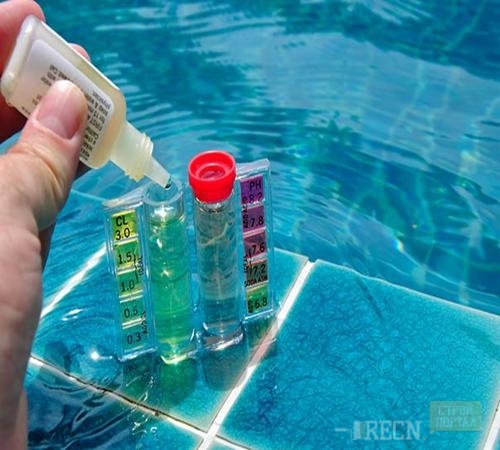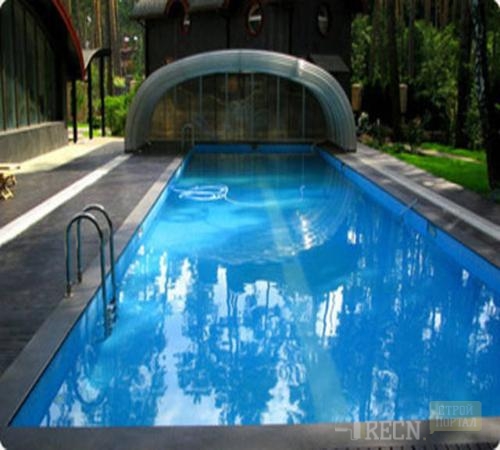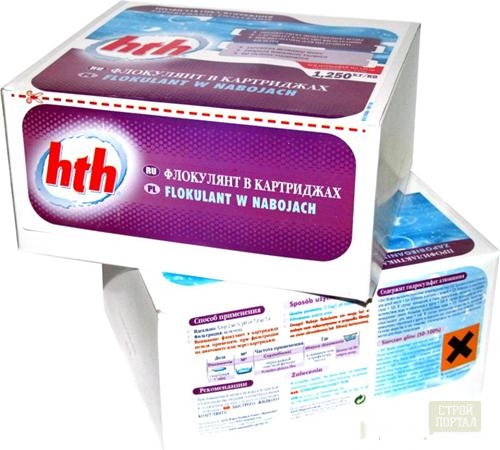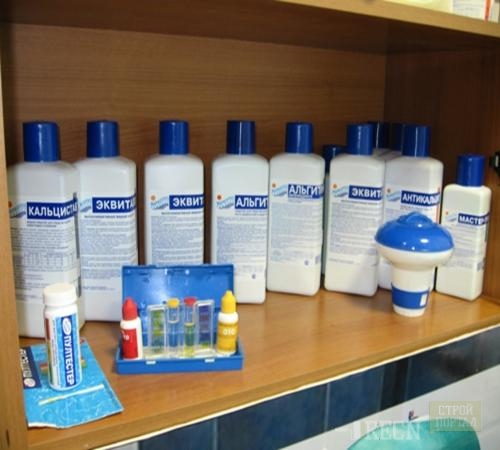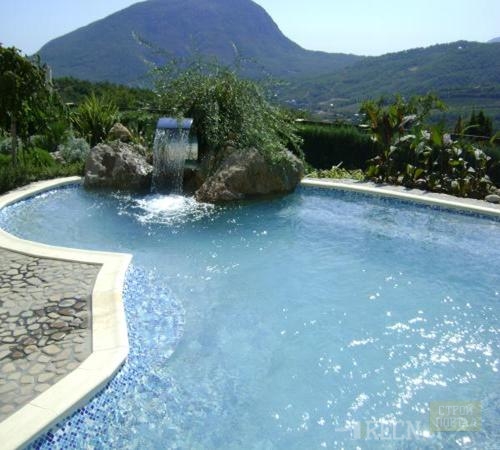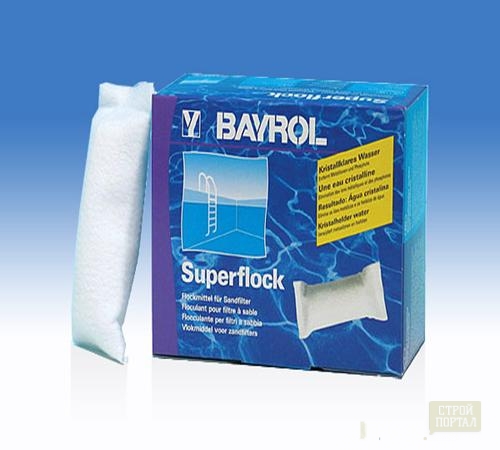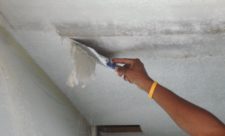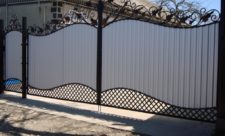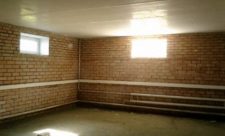
Types of chemistry for the pool Baths, saunas and pools

How great to have a private pool for swimming and aquatic games in the country area. If the day was hot, you can plunge into cool water at any moment or sunbathe near it. But the reservoir need not only to exploit, but also to care for it so that the water is always clean, and the time spent in it did not come sideways. This will require special chemistry for pools.
Content
For what purposes are different types of chemistry
The pool without chemistry is very soon from the blue reservoir, where you can splash on a hot day, turn into a sharp swamp, flooded by bacteria. The range of chemical preparations, presented in the modern market, pleases its diversity. All are intended for such purposes:
- launch of the pool;
- fighting fungus and microbes;
- preventing clouding and greening of water;
- maintaining the optimal level of water rigidity;
- fighting algae;
- lightening water.
Types of chemicals
All swimming pools are needed in cleaning, regardless of their passability, sizes and designs, including mobile. Chemistry for frame pools is used as the same as for ordinary ones.
All chemicals added to the pool can be divided into 4 groups:
- substances serving for disinfection;
- substances affecting the rigidity of water and prevent the occurrence of corrosion and sediment;
- substances that kill algae;
- substances that collect dirt particles into large fragments, after which they are easily removed from the water branch;
- combined substances that include the functions of several above preparations. They are very in demand due to the fact that they can at the same time and disinfect water, and destroy algae, and struggle with the mud.
It is also very important to constantly monitor the pH level. This figure indicates which environment is present in the pool, alkaline or acid, and what is the degree of its prevalence. From this will depend on the effectiveness of disinfecting agents.
Read more about Disinfection
The most common types of disinfectant to the pool are the following substances:
1. Chlorine. Disinfection of water with chlorine is the most common and reliable way. It is especially effective when the water is strongly contaminated or has long kept temperatures above 28 °. Chlorine not only destroys microbes, but also removes organic impurities that do not delay the filter, oxidizing them.
2. Active oxygen. This disinfection is softer. Water becomes very pleasant, there is a feeling of pure natural reservoir. The use of active oxygen has the following advantages:
- water does not irritate the mucous membranes and skin cover, there is no odor characteristic of chlorine;
- there is no dry skin and hair liability;
- the pH indicator remains unchanged, foam is not formed;
- with severe water pollution, you can combine with chlorine.
3. Brom. This substance, like chlorine, is perfectly coping with the task of disinfection of water in the pool. It fights fungi and microbes, helps remove organic impurities, oxidizing water. In comparison with chlorine brom, has a number of indisputable advantages:
- missing bad smell;
- no irritation of the skin and eyes;
- there is no lime in composition;
- pH is neutral;
- can be used in any water.
Classification of chemicals for pools
PH level controls are classified as follows:
1. According to:
- pH +;
- pH-.
2. in form:
- dry condition;
- liquid state.
3. By packaging:
- 30 l (liquid);
- 1 kg (dry matter);
- 5 kg (dry matter);
- 50 kg (dry matter).
Disinfectors vary:
1. According to the acting substance:
- chlorine:
- sodium hypochlorite (in liquid form);
- maxihlor, minichlorine (preparations with different chlorine content);
- chlorine in granules;
- chlorine in tablets;
- suspension.
- bromine:
- active oxygen;
- complex substances.
2. in form:
- dry condition;
- liquid state.
3. By packaging:
- 30 l (liquid);
- 1 kg (dry matter);
- 5 kg (dry matter);
- 50 kg (dry matter).
4. For a pursued purpose:
- substances designed for a long impact;
- substances for shock treatment.
Preparations of algae fighters differ in packaging:
- 1 liter;
- 5 liters.
Also, eliminating substances:
- 1 kg;
- 2.5 kg;
- 50 kg.
In addition to the above funds, there are also special, for example:
1. Substances regulating the degree of water rigidity:
- increasing rigidity;
- reducing rigidity.
2. Substances providing wintering pool.
3. Substances, cleaning pool and its equipment.
4. Waterlinium cleansing substances.
5. Substances removing metal metal and purifying filter tank.
6. Substances removing the fatty film from the water surface and sides.
A brief overview of the main chemistry producers for pools
Inteks - chemistry for swimming pools, reviews about which you can see both on the Internet, and on the manufacturer's website. She has positively proven itself thanks to its effectiveness and security for human health.
Inteks specializes in the production of liquid preparations of comprehensive action. All of them have a high concentration, so economically spent. Inteks can solve the following problems:
- water pollution, long-standing at temperatures above 28 °;
- turbidity and dark water color;
- the appearance of algae;
- mitigating hard water.
Inteks add to the pool immediately after filling, before use, and then daily, small doses, in accordance with the instructions.
The products of Bayrol are very popular. It offers the consumer a large selection along with high quality. The company specializes in chlorine and peroxide preparations. They are easy to use, not harmful to human health, it is easy to observe the dosage. Preparations are struggling with such problems as:
- change of water;
- the smell of chlorks;
- slipky raid at the bottom and sides of the reservoir.
You can buy chemistry for the pool in any online store, as well as in the company engaged in its production and sale.



